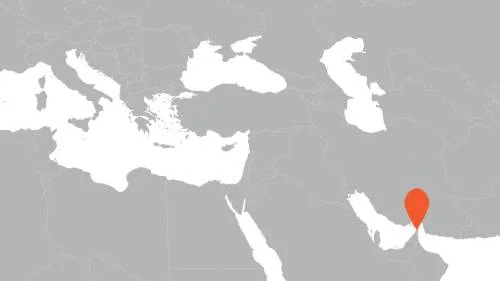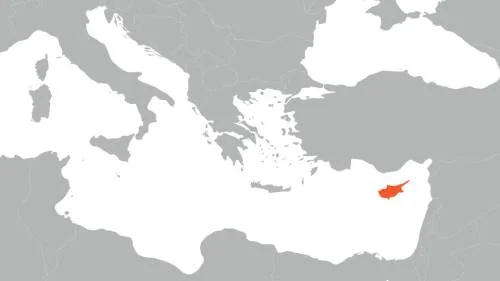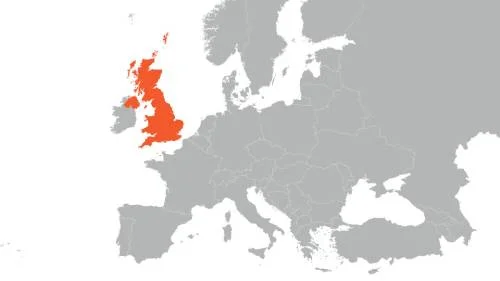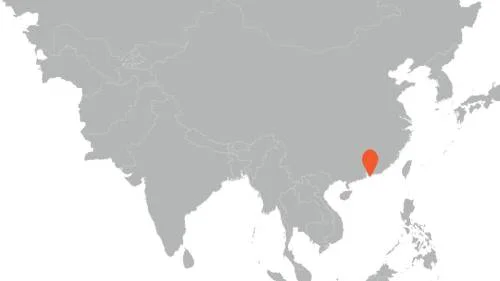Création de société à Singapour

 Délai de création : 3 jours
Délai de création : 3 jours
 Sociétés pré-constituées : Oui
Sociétés pré-constituées : Oui
 Comptabilité : Obligatoire
Comptabilité : Obligatoire
 Secrétariat : Obligatoire
Secrétariat : Obligatoire
 Actionnariat anonyme : Oui
Actionnariat anonyme : Oui
 Directeur nominé : Oui
Directeur nominé : Oui
Impot: 17%
Présentation de Singapour
Cité-Etat du sud-est de l’Asie, Singapour se compose de 64 îles dont la plus importante est Pulau Ujong, très urbanisée. Singapour est un véritable exemple de réussite économique, car depuis sa déclaration d’indépendance en 1965, le pays a su se hisser dans les premières nations les plus développées, disposant pourtant de peu de ressources naturelles. Surnommée « la ville jardin », Singapour possède une végétation dense malgré la prolifération de l’habitat. Le pays est également appelé « la Suisse d’Asie » pour son haut niveau de vie.
Singapour : une place offshore
Singapour est une destination offshore permettant d’avoir des activités très variées et de se procurer une bonne image de marque. En règle générale, le type de société offshore privilégié est la Private Limited Company à responsabilité limitée, dont le siège social doit obligatoirement se trouver à Singapour. Aucun capital minimum n’est exigé et la création d’entreprise peut être simplifiée en choisissant le principe de la Ready Made Company qui propose de choisir des sociétés déjà créées pour raccourcir les délais.
Les holdings sont également très répandues dans le pays car il est très facile d’en implanter. Par ailleurs, lors de la création d’une société offshore, un compte bancaire multi-devise lui sera associé.
Bon à savoir
A Singapour, le directeur nominé est responsable des dettes de la société. Singapour est une juridiction de choix.
Les différents types de sociétés à Singapour
La création d’une entreprise à Singapour est rapide par rapport au reste de l’Asie, puisqu’elle se règle en 3 procédures et en 3 jours.
| Types de société | Capital | Nombre d’associés |
|---|---|---|
| Société à responsabilité limitée par garantie | Pas de capital minimum | Pas de minimum, responsabilité limitée au montant de la garantie |
| Société à responsabilité limitée par actions et garantie | Pas de capital minimum | Pas de minimum, responsabilité limitée au montant de la garantie |
| Sendirian Berhad (entreprise privée) | Minimum de 25000 SG$ | Pas de minimum, maximum de 50 actionnaires, responsabilité limitée au montant du capital |
| Société publique Berhad | Pas de capital minimum | Pas de minimum, responsabilité limitée au montant du capital |
| Partenariat général | Pas de capital minimum | Minimum 2 personnes, maximum 20, responsabilité illimitée |
| Partenariat limité | Pas de capital minimum | Minimum 2 personnes, maximum 20. Minimum une personne à responsabilité illimitée. Les autres ont une responsabilité limitée au montant du capital. |
| Entreprise individuelle | Pas de capital minimum | 1 personne uniquement, responsabilité illimitée |
| Société à responsabilité illimitée | Pas de capital minimum | Minimum 2 personnes, responsabilité illimitée |
Lien : Autorité de Régulation de la Comptabilité et des Sociétés
Les différents taux d’imposition
La taxe d’imposition de Singapour sur les sociétés est unique, elle est de 17% pour les résidents et les non-résidents, que les revenus soient réalisés à Singapour ou non. Les gains de capitaux, cependant, ne sont pas taxés à Singapour. La TPS (Taxe sur les Produits et Services) est la taxe à la consommation du pays, qui s’élève à 7%. Elle peut être éludée sur les services internationaux et l’exportation de marchandises.
L’impôt sur le revenu est, quant à lui, progressif de 0 à 20% :
| Revenus des individus (SG$) | Taux d’imposition |
|---|---|
| 0 à 20 000 | 0% |
| 20 001 à 30 000 | 3,5% |
| 30 001 à 40 000 | 5,5% |
| 40 001 à 80 000 | 8,5% |
| 80 001 à 160 000 | 14% |
| 160 001 à 320 000 | 17% |
| 320 000 et + | 20% |
Il est possible de recevoir le statut NOR correspondant au Programme de Fiscalité pour les Résidents non habituels, instauré en 2003 et visant à encourager les arrivées de sociétés étrangères.
La France a également signé un contrat de non double imposition avec Singapour en 1974.
Liens :
Autorité de la Recette Fiscale de Singapour
Ministère des Finances de Singapour
L’essentiel de la comptabilité
La comptabilité à Singapour est réglementée par le Conseil des Normes de Comptabilité de Singapour (Accounting Standards Council). Les règles comptables du pays sont adaptées à une utilisation internationale. L’année comptable à Singapour débute le 1er janvier et se termine le 31 décembre de la même année.
Les entreprises doivent faire des déclarations de l’impôt sur le revenu, les résultats et sur le bilan, en plus des publications des résultats et d’un bilan financier. Elles doivent également faire appel à un commissaire aux comptes pour un audit annuel.
L’organisme professionnel de référence pour la comptabilité à Singapour est l’Institut des Experts Comptables certifiés de Singapour.
Liens :
Experts Comptables certifiés de Singapour
Normes de Comptabilité de Singapour
La juridiction en détail
Parce que Singapour est très ouverte sur le monde et fortement financiarisée, la Cité-Etat a subi de plein fouet la crise financière de 2008, voyant sa croissance passer de +7,5% à -1,3%. Mais très rapidement, la situation économique du pays s’est redressée grâce à une hausse des exportations et une grande demande nationale, au point d’avoir une croissance de +10% seulement deux ans plus tard.
Aujourd’hui, elle est estimée 4,2% pour 2013 et veut être régulée par le gouvernement qui s’emploie à limiter l’inflation. En pleine période de transition, Singapour mise désormais sur l’innovation et les activités à forte valeur ajoutée (R&D, biotechnologie, secteur pharmaceutique,…). Le chômage avoisine seulement les 2%, et le niveau de vie des singapouriens est l’un des plus élevés d’Asie.
La principale force économique de Singapour est son secteur industriel très puissant, dominé par la manufacture. Viennent ensuite le commerce, les services d’affaires, les transports, la communication et enfin les services financiers. L’électronique et la pétrochimie sont des domaines très présents, et l’industrie représente 25% du PIB. Les trois-quarts restants sont générés par les services qui emploient 75% de la population. Singapour ne possède aucune force agricole.
La Cité-Etat est aujourd’hui une plateforme d’échanges internationale qui mise beaucoup sur les exportations, ce qui rend l’économie très sensible à l’état du marché extérieur. Des accords de libre-échange et bilatéraux ont été signé avec plusieurs pays, et sa balance commerciale est actuellement excédentaire.
Les avantages de l’investissement à Singapour :
- d’après le rapport de la Banque Mondiale, Singapour est l’un des pays où il est le simple de faire affaires (le premier en 2009)
- les équipements financiers et de communication, ainsi que les transports, sont très performants
- Singapour est un carrefour maritime de première importance
- le pays est très proche d’autres grandes puissances, comme la Chine
- il est possible d’avoir des réductions de taxes et des facilités de prêt pour promouvoir l’investissement
Les inconvénients :
- tout le secteur administratif manque de transparence
- le dollar singapourien n’est pas reconnu dans le monde entier
- il n’existe aucune protection tarifaire pour les entreprises industrielles
- les sociétés publiques sont très présentes
Singapour permet aux investisseurs étrangers de bénéficier d’avantages fiscaux après enregistrement auprès du Conseil de Développement Economique. Certains secteurs sont également toujours sous le contrôle étatique (finance, services professionnels, médias).










